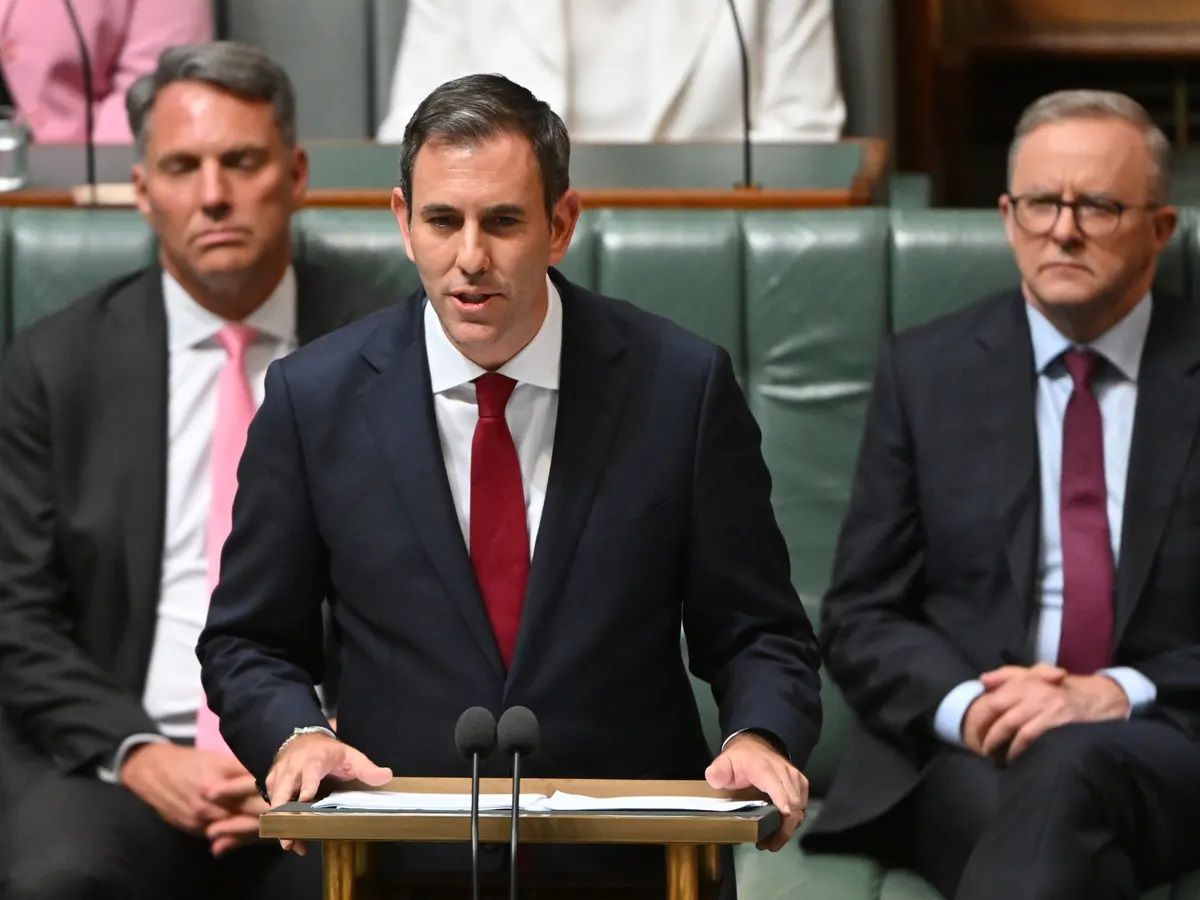The proposed ban on non-compete clauses
In the 2025-26 Federal Budget the Government announced a ban on non-compete clauses and “no poach” agreements.
In the 2025-26 Federal Budget, the Government announced its intention to ban non-compete clauses for low and middle-income employees and consult on the use of non-compete clauses for those on high incomes (under the Fair Work Act the high income threshold is currently $175,000).
The reason? A recent Australian Bureau of Statistics (ABS) report found that 46.9% of businesses surveyed used some kind of restraint clause, including for workers in non-executive roles. The survey also found 20.8% of businesses use non-compete clauses for at least some of their staff and 68.2% for more than three-quarters of their employees.
From an economic perspective, declining job mobility impacts wage growth and innovation as restraints prevent access to skilled workers within the economy. Productivity is a key concern as Australia’s productivity has declined in the last 20 years.
Treasury’s consultation paper Non-compete clauses and other restraints states that, “the direct consequence of a non-compete clause is that it hinders competition among businesses: it disincentivises workers from leaving their current job, creating a barrier to the entry of new businesses and the expansion of existing businesses.”
A Productivity Commission report estimates the effect of limiting the use of unreasonable restraint of trade clauses will be increased wages for workers - by up to up to 2.4% in industries with high use of non-compete clauses and up to 1.4% in others.
Non-competes: the state of play
Non-compete clauses in Australia are generally enforced under common law. For all regions except New South Wales, restraints are generally presumed to be against the public interest and therefore void and unenforceable except where they are deemed to be reasonably necessary to protect the legitimate interest of the employer[1].
In NSW, a restraint of trade is valid to the extent to which it is not against public policy.
When non-competes are contested, the courts consider the nature and extent of the business interest to be protected (e.g., confidential client information) and whether the scope of restriction the business wants imposed is reasonable including its geographic area, time period and activities which the restraint seeks to control.
Interests considered ‘legitimate’ by courts include the protection of trade secrets or other confidential information; protection against solicitation of clients with whom the former worker had a personal connection; and protection against key staff being recruited by a former colleague. An employer is not entitled to protect themselves against mere competition by a former worker.
What now
The ban on non-compete clauses was announced in the 2025-26 Federal Budget. The Government has stated that it intends to consult on policy details, including exemptions, penalties, and transition arrangements. Following consultation and the passage of legislation, the reforms are anticipated to take effect from 2027, operating prospectively.
There is a lot of uncertainty at this stage about this measure, despite the enthusiasm of the Treasury economists, not least of which is the impending election.
We’ll bring you more as further information is available.
[1] Treasury Competition Review.
Non-competes and other restraints: understanding the impacts on jobs, business and productivity Issues Paper
Thinking outside the box.
Our thinking doesn’t
just deliver value.
It saves you time.
It’s more than just reducing expenses or helping you improve profitability today. It's about fast tracking your success by taking the time to build a shared vision of your best future. Backed with dedicated and unparalleled team industry leading expertise, empowering you with the tools and guidance to make informed decisions, streamline your financial processes, raise the bar on what’s possible and help you achieve your business goals more efficiently.
The most valuable thing to our success is you. The most valuable thing to you is time.
Where knowledge meets
understanding in tax solutions.

With 35 years of experience, we know that a good business stems from the roots; from our people.
We offer a unique combination of taxation, accounting, financial and advisory services tailored to the individual requirements of your business.
The contents of this website should be read in conjunction with the Terms & Conditions and Privacy Policy.
LIABILITY LIMITED BY A SCHEME APPROVED UNDER PROFESSIONAL STANDARDS LEGISLATION
Liability Limited by a Scheme Approved under Professional Standards Legislation






